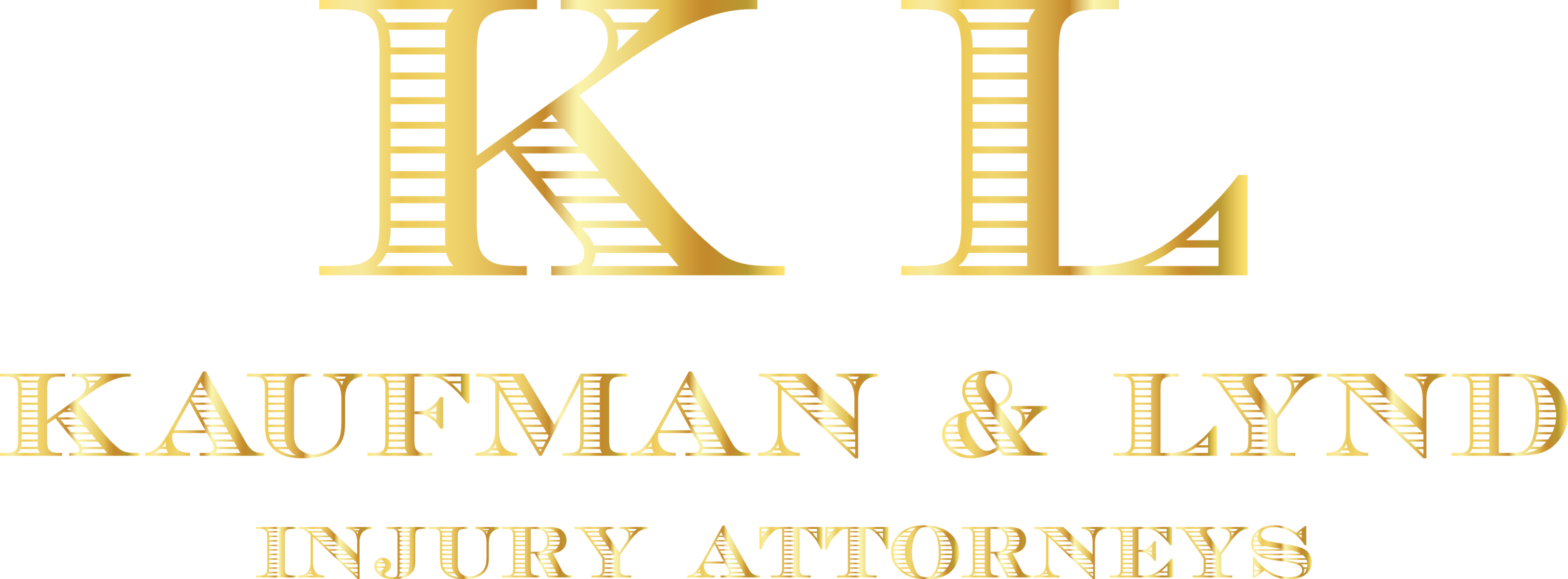How to Protect Your Business from COVID-Related Lawsuits
Many business owners are starting to open up again, but today's environment is distinctly different from the economic climate at the start of 2020. Businesses have to figure out how to open safely for moral reasons, but they also need to open safely to protect their company legally. If someone becomes sick at your office, you could end up facing a humongous legal liability.
Legal Liability and COVID-19
As a business owner, you cannot prevent every illness or injury from happening. You are legally bound to protect your workers and customers from known problems. For example, your employees could end up catching COVID-19 at work because they are not given masks. You could also have a customer who becomes ill because a sick employee spread COVID-19.
While the other party has to prove you are at fault, this does not mean you can escape from the lawsuit without losing money. Even if the other party cannot conclusively prove that your lax policies caused their illness, you will still have to spend time and money on the lawsuit. In addition, your storefront will get negative publicity as an outbreak hotspot.
Some businesses are hoping that Congress will pass legislation to reduce their liabilities. Even if this happens, it is unlikely to completely erase your liability requirements. Because your business will always be exposed to liability risk in some way, it is important to start minimizing your risks as much as possible.
How to Reduce Your Liability Risks
If your employees get sick at work, you could end up paying for it. According to workers' compensation, you have to cover injuries that are an occupational disease. To be considered an occupational disease, an injury or illness must have occurred because of the individual's employment. Unfortunately, this describes most work-related cases of COVID-19. If you want to avoid potential claims, use the following steps.
- Talk to Industry Regulators
Before you open up again, talk to the licensing or regulatory authority responsible for your industry. For example, a salon may need to reach out to the state's cosmetology board. A restaurant should talk to their local health department or a restaurant association. Industry leaders stay in touch with various governors' offices and health departments. Because of this, they will have the latest guidance for your industry.
- Learn When You Can Open
You need to make sure your company is prepared before you reopen. In addition, reopening too early could lead to enforcement actions from your local government and industry regulators. Because of this, you should check your state and county websites to see if your business is eligible to open up. If you open without permission, you will be exposed to additional legal risk if an outbreak occurs at your workplace.
- Talk to Your Insurance Company
You cannot protect yourself from everything, which is why your insurance policy is so important. Before you open up again, read your insurance policy to see what it covers. Your insurance company may also offer useful advice for reducing your customers' health risks. If your insurance company offers any training options, use them.
- Place Someone in Charge
Depending on your workplace, you should put someone from human resources or a manager in charge of safety and health requirements. This person will have to implement any guidance from the Occupational Safety and Health Administration (OSHA) and the Centers for Disease Control and Prevention (CDC). Having one person in charge of safety guidelines is important because these rules are updated all the time.
- Put Your Guidelines Into Practice
To protect yourself legally, you should create a written plan for reopening. You may also want to create a mitigation manual for your employees that includes procedures about how to work safely. Ideally, you should create this manual with the help of your lawyer.
Within the manual, you should describe the process employees should take if they have symptoms. By clearly writing out your procedures, you can reduce your legal risks. This manual also places the responsibility for following safety procedures onto your employees instead of your business.
You can also get your employees to sign a waiver before they return to work. This method is not ironclad, so you should not rely on it to reduce all of your liability. While it may not get rid of all of your risks, a release waiver can be a useful part of your overall strategy.
- Train Your Employees
Having a policy is important, but your policy will only make a difference if you communicate it to your employees. Workplaces need to train their employees on the new procedures. When there are updates, you should immediately share them. OSHA also requires you to hang notices in a public area so that workers can read them. Through training and communication, you can reduce your liability risks and protect your workers.
To Speak with an Orlando personal injury attorney or motorcycle accident attorney, please call (407) 803-2139 or email info@whenyouneedus.com

